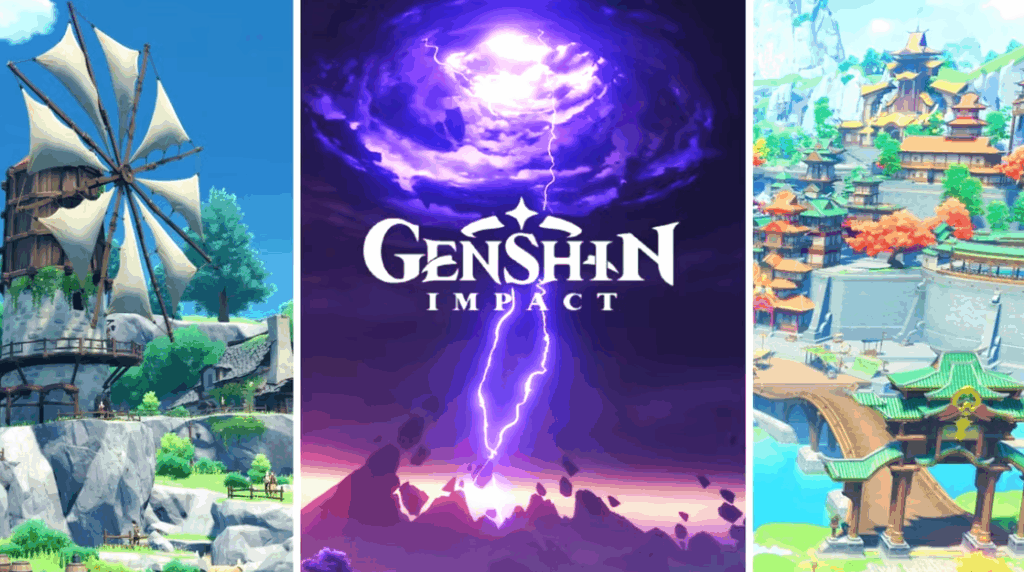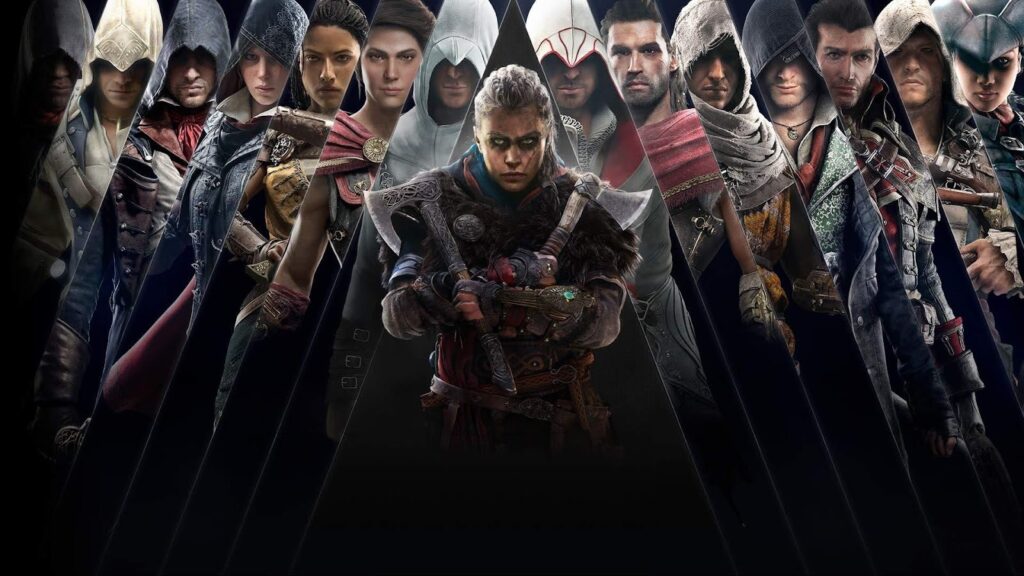Sometimes it seems to me that games have become a kind of bridge between cultures. At festivals and esports tournaments, people from different countries communicate as if they have known each other for years, even though in everyday life they would be divided by language and traditions. Gaming worlds offer not only entertainment but also the chance to see how similarly we react to victories and defeats. When you meet a team from another country online and realize that you are united by a common goal, cultural differences fade into the background. This is not about formal diplomatic protocols, but about a living experience where dialogue is built on emotions and interaction.
The universal language of competition
Esports has shown that competition can become a universal language understood without words. When I watch international tournaments with teams from Asia, Europe, and America, I notice how similar the emotions of fans are. The joy of victory, the tension of a decisive round, or the disappointment after a loss — all of this unites people more strongly than it might seem at first glance.
This is especially evident in disciplines that have truly gone global. League of Legends has long outgrown the boundaries of individual regions and is now perceived as an international phenomenon. Local broadcasts attract viewers from all over the world, and discussions quickly break through language barriers. In this sense, league news becomes not just information about tournaments or matches, but an important part of a shared cultural field where each region contributes to the bigger picture.
These examples clearly show that games can serve as mediators in cultural exchange. In moments when millions of viewers follow the same scene from different corners of the planet, a common space of emotions and experience is formed. And it is precisely this space that breaks down barriers and creates the feeling of a united community, where cultural differences no longer matter.
Collaborative creativity
Games open up not only a space for competition but also for creativity. Within gaming communities, projects often emerge that take on a life of their own: modifications, custom maps, fan-made tournaments, and even entirely new genres. There are no strict boundaries in this process — anyone can contribute something unique, and that is precisely what makes games such a powerful tool for bringing people together.
This is especially evident in Dota 2, where a vast community creates custom maps, skins, and independent tournaments. An artist may live in Brazil, a programmer in Poland, and an organizer in China, yet they collaborate on the same project. Within this ecosystem, even articles and materials like Dota 2 news become part of a global dialogue, helping players feel connected to a shared cultural space where diverse ideas merge into a single result.
Such collaboration breaks down barriers and allows people to view the culture of other countries without prejudice. When individuals unite for a common purpose — to create something engaging or simply to enjoy the process together — borders lose their significance. This is true cultural exchange, born not from official structures but from the initiatives of the players themselves.
Games as reflections of culture
Many games are not just entertainment but also tools for exploring foreign traditions. They provide an opportunity to see how another country’s culture is structured, all while delivering it in the form of an engaging experience. This approach often works better than dry textbooks or lectures because the player is directly involved in the process.
For example, in Civilization, players must build relationships between states, taking into account their unique traits and balancing interests. This simplified yet illustrative format shows the mechanics of diplomacy and reminds us that behind every decision lies an entire cultural system. Meanwhile, the Assassin’s Creed series meticulously recreates cities, architecture, and everyday life of past eras — whether it’s Florence during the Renaissance or Egypt under the Ptolemies. Through the game, one can witness how people lived and what values and symbols mattered to them.
There are also modern projects that continue this direction in their own way. Ghost of Tsushima carefully conveys Japanese traditions and the aesthetics of the samurai era, while Black Myth: Wukong introduces players to Chinese mythology. All of this allows us to look at the history and culture of foreign countries not as abstract facts but as living experiences, made closer and more understandable through interactive storytelling.
Breaking stereotypes

Games can break down entrenched stereotypes, showing that behind simple images there is always a rich culture. Through virtual worlds, one can see a country or a people not only through the lens of news or clichés but in a brighter and more multifaceted way. This helps to notice details that in real life often go unnoticed.
In Overwatch, for example, players encounter the cultures of Korea, Egypt, or Mexico through heroes designed with the traditions of these countries in mind. Even if the elements are presented in a playful and partly stylized form, they spark curiosity and demonstrate that every country has unique symbols worth celebrating. This format becomes an invitation to look deeper than surface-level assumptions.
Genshin Impact goes even further, creating entire regions inspired by Chinese, Japanese, French, and other cultures. Millions of players around the world travel through these realms, discovering architecture, mythology, and aesthetics of various traditions. For many, this has become a push toward studying languages or history, meaning the gaming format directly influences how cultural diversity is perceived and helps to dismantle barriers.
Conclusion
For me, cultural diplomacy through games is not a theory but a living practice. People meet online, compete, create together, and learn new things about each other. Even if they never meet in real life, they share a common experience that breaks down barriers and stereotypes. Games become a space where friendship and respect are born not from formalities but from shared actions and emotions.

